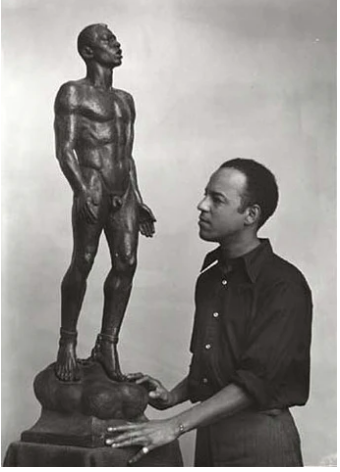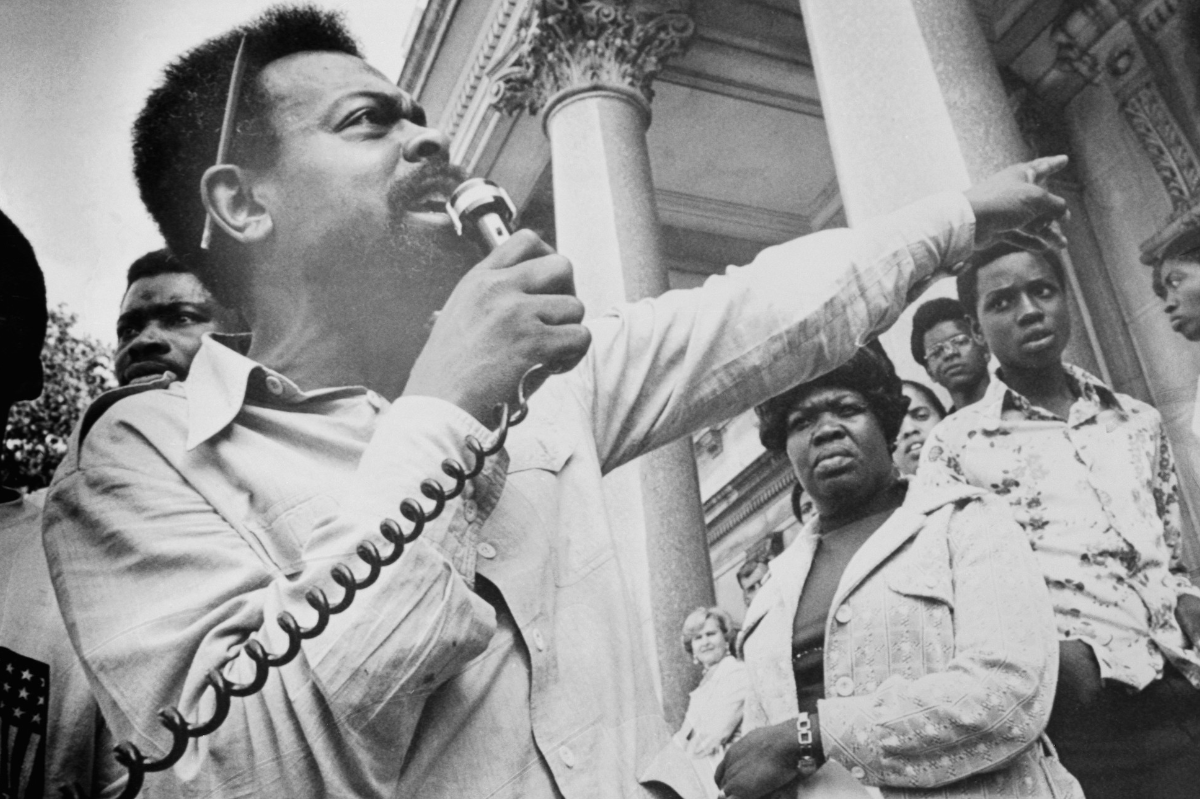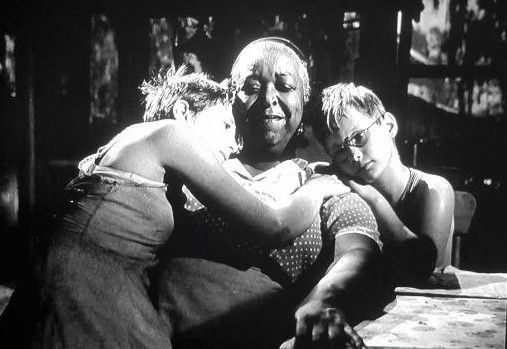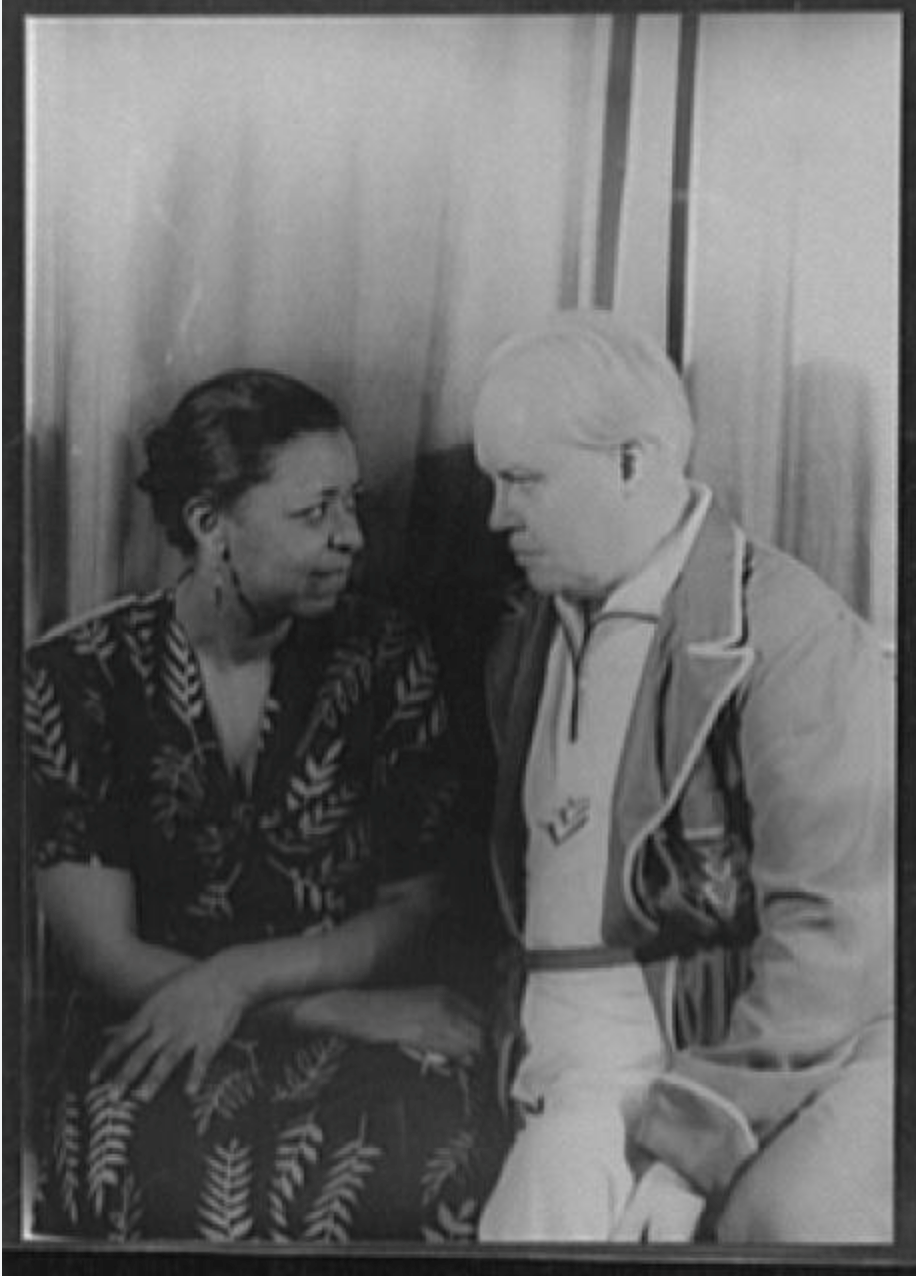The Impossible Legacy of "Shuffle Along"
“Shuffle Along was a honey of a show,” Langston Hughes wrote in his autobiography, The Big Sea. “To see Shuffle Along was the main reason I wanted to go to Columbia." On May 21, 1921 a bedraggled musical produced, composed and performed entirely by Blacks pulled into an equally bedraggled Broadway-adjacent theater on 63rd Street. Much to everyone's surprise -- except, perhaps, the show's creators -- Shuffle Along proved to be a monster hit, playing over 500 performances, making $9,000,000, and bringing droves of white spectators to sit in a non-segregated audience.
Shuffle Along made a significant impact on the theater world, bringing Black styles of syncopation and dance to the Great White Way and opening Broadway up to a string of Black musicals until the Depression choked them off. Previous to Shuffle Along, there had been a twelve-year drought. The show made big stars, since forgotten, out of its female leads, and some notable African American performers whose reputations were still in the future had temporary gigs during its two-year run (Paul Robeson, Josephine Baker, Adelaide Hall). For the musically inclined, both Hall Johnson and William Grant Still were in an orchestra led by the composer Eubie Blake. Blake's score was of a consistently higher quality than any other musical of the 20s with the exception of Showboat.
For both African American theater and Broadway, Shuffle Along was a landmark event. It was such a success that the vaudeville team who wrote the thin, jokey book, Miller and Lyles, bombed in ill-advised revivals of 1932 and 1958. When Broadway's most famous African-American director, George C. Wolfe, wanted to stage an update, he found that, outside of the wondrous score, he could use very little of the original material.
Why? Because African American musical theater was still shackled to its minstrel show origins -- blackface, an artificial broken English that was supposed to signal darkie talk, demeaning stereotypes right, left and center. The music and dancing were amazing; the book was mostly an embarrassment. But most people didn't see it that way in 1921, and it would be decades before the Black musical would distance itself adequately from its shameful past.
Of course, African Americans were forced into this, but there was no unanimity of sentiment regarding these time-hallowed show business traditions. (Pigmeat Markham reluctantly gave up blackface in 1943.) Nonetheless, lines from the original script, such as, "Listing to me, folkses. Listing to me. We will pay no more attention to my reponent," simply couldn't withstand any sort of historical awakening. At its centenary, Shuffle Along deserves memorialization and is best forgotten.
As a poignant illustration of the cruel conditions America imposed on Black artists, this is what Eubie Blake later wrote. "The proudest day of my life was the opening night of Shuffle Along. At the intermission all these white people were saying, 'I would like to touch the man who wrote this music.' At last, I'm a human being."
N.B. Eubie Blake was the son of former enslaved parents who'd moved north to Baltimore. As the only child (out of 21!) who survived to adulthood, he knew no grandparents or any other family members because both his mother and father had been sold in infancy.
Recent Posts




SHOGA FILMS is a 501(c) (3) non-profit production and education company. We create multimedia works around race and sexuality that are intended to raise awareness and foster critical discussion.
Contact Us
All Rights Reserved | Shoga Films
Stay Connected
Thanks for subscribing!
Please try again later.



